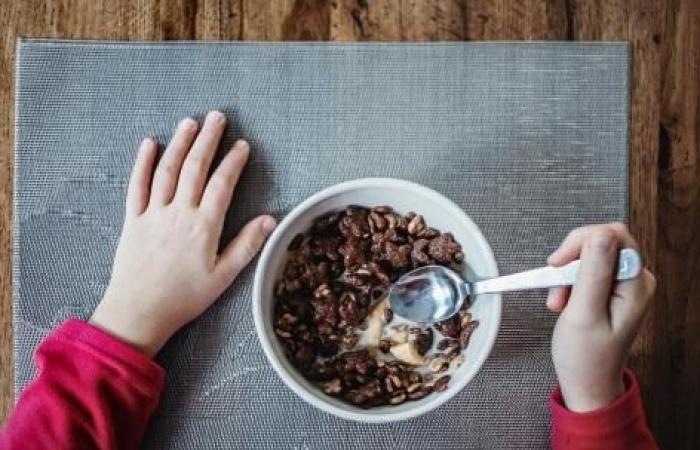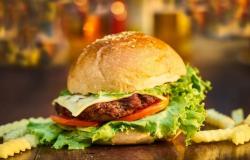THE ESSENTIAL
- By the age of 21 months, children already get 47% of their calories from ultra-processed foods. Among the most consumed were flavored yogurts and whole-grain breakfast cereals, often misperceived as healthy choices.
- This trend worsens over time: at the age of 7, the proportion of calories from ultra-processed products peaks at 59%.
- Problem is, children end up developing eating habits that often persist into adulthood. Children who consume the most ultra-processed foods at 21 months are nearly 9.4 times more likely to be heavy consumers of these same products at age 7 – and logically later as well.
A plate that lacks naturalness. Almost half (47%) of the calories consumed by toddlers in the United Kingdom – with a diet more or less similar to France – come from ultra-processed foods, the health risk of which has been demonstrated by a plethora studies here and there. This is according to new research published in theEuropean Journal of Nutrition.
Ultra-processed foods omnipresent in children’s diets
To arrive at this observation, researchers from University College London (UCL) analyzed the diets of nearly 2,600 British children born in 2007 and 2008, whose parents kept food diaries over a period of three days. It appears that, by the age of 21 months, children were already obtaining 47% of their calories from ultra-processed foods. Among the most consumed were flavored yogurts and whole-grain breakfast cereals, often perceived as healthy choices, even though the majority of these products contain large amounts of added sugar and salt.
Worse, this trend worsens over time: at the age of 7, the proportion of calories from ultra-processed products peaks at 59%, due to too regular consumption of sugary cereals and white bread. and industrial desserts. Foods that contain a lot of ingredients such as emulsifiers, colors and sweeteners, rarely used in “home” cooking.
Dr Rana Conway, lead author of the study, said in a press release: “Not all of these foods are unhealthy, but children who consume the most of these products often eat more of them than is recommended.” Understand, the product is good so we come back to it more often, even if we are full.
Reaccustoming children to the flavors of unprocessed foods
Problem is, children end up developing eating habits that often persist into adulthood: “Early childhood dietary patterns are critical because they influence future diets.” The study reveals that children who consume the most ultra-processed foods at 21 months are nearly 9.4 times more likely to be heavy consumers of these same products at the age of 7 – and logically also in adulthood.
In addition to the risks associated with sugar, salt and certain additives, a diet rich in ultra-processed products could, in the long term, reduce the ability of toddlers to appreciate the natural flavors of foods. Researchers believe that early exposure to ultra-processed products, designed to be very pleasant to the palate (thanks to a high content of fat, sugar and salt), distances children from the more subtle tastes of fruits, vegetables or other unprocessed foods. It is urgent, according to them, to offer them a more diversified, healthier, and in short less processed, diet. Why not, for example, vegetable sticks or biscuits without added sugar, similar to ultra-processed foods in terms of texture or presentation…?






